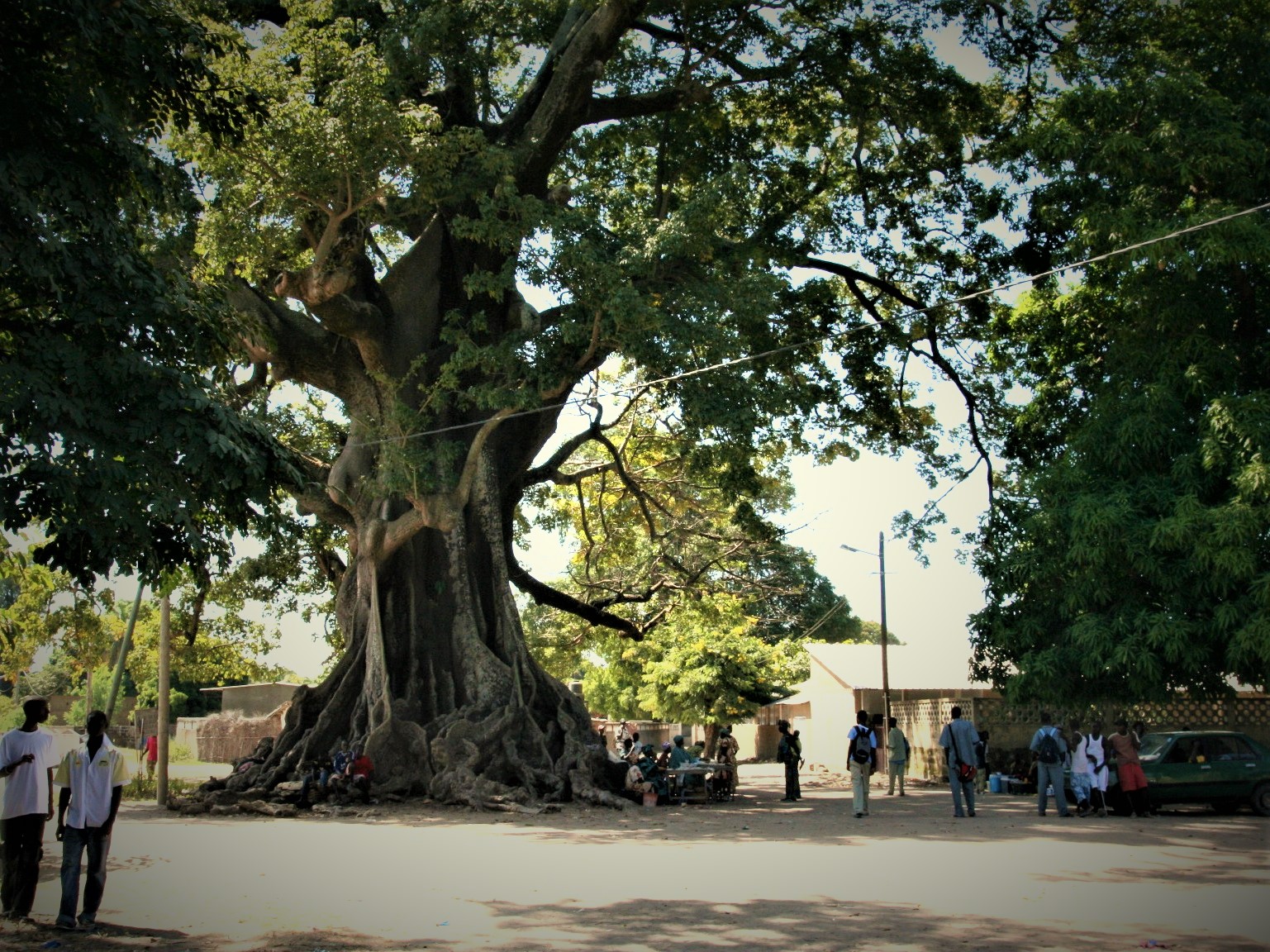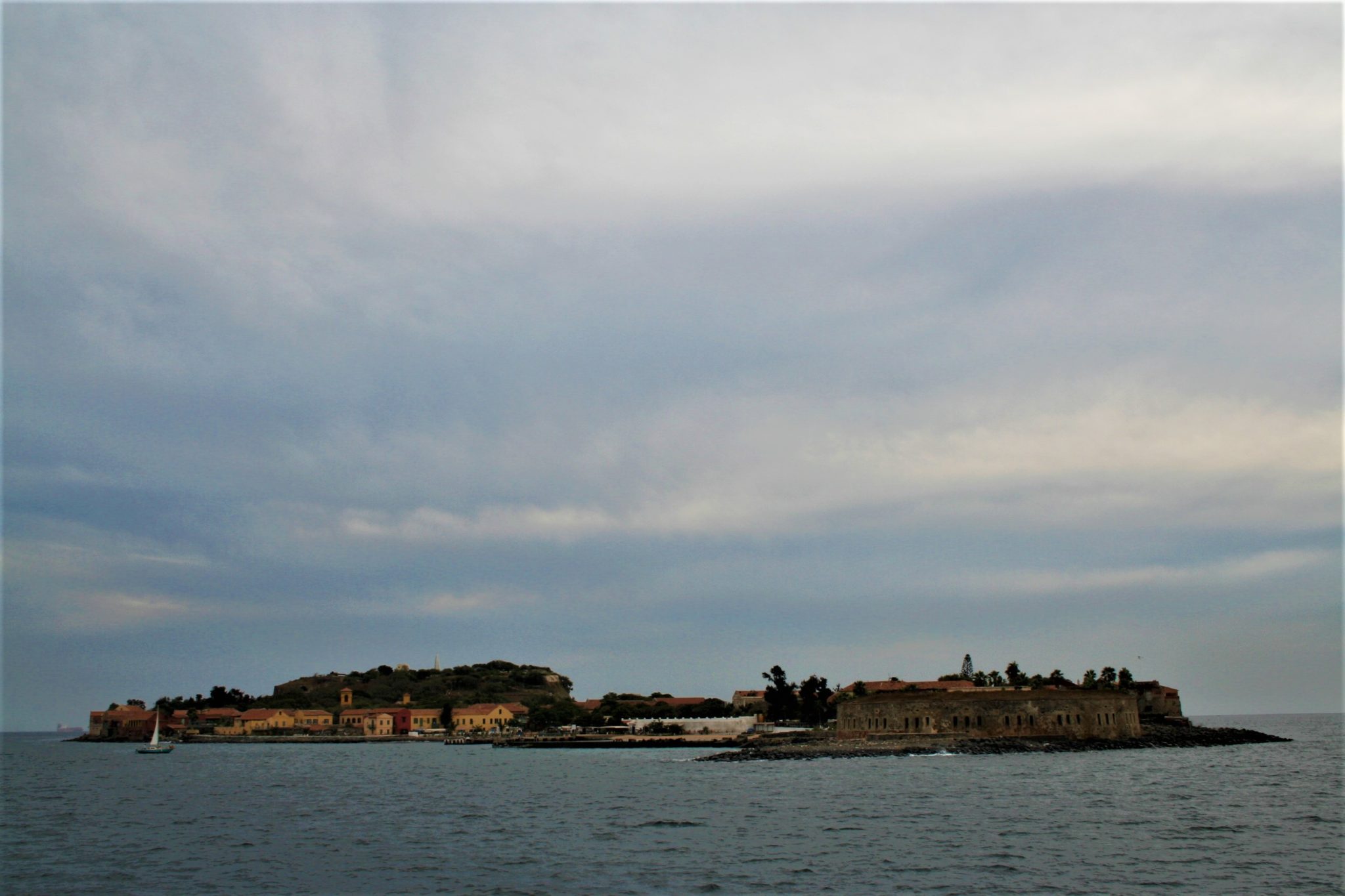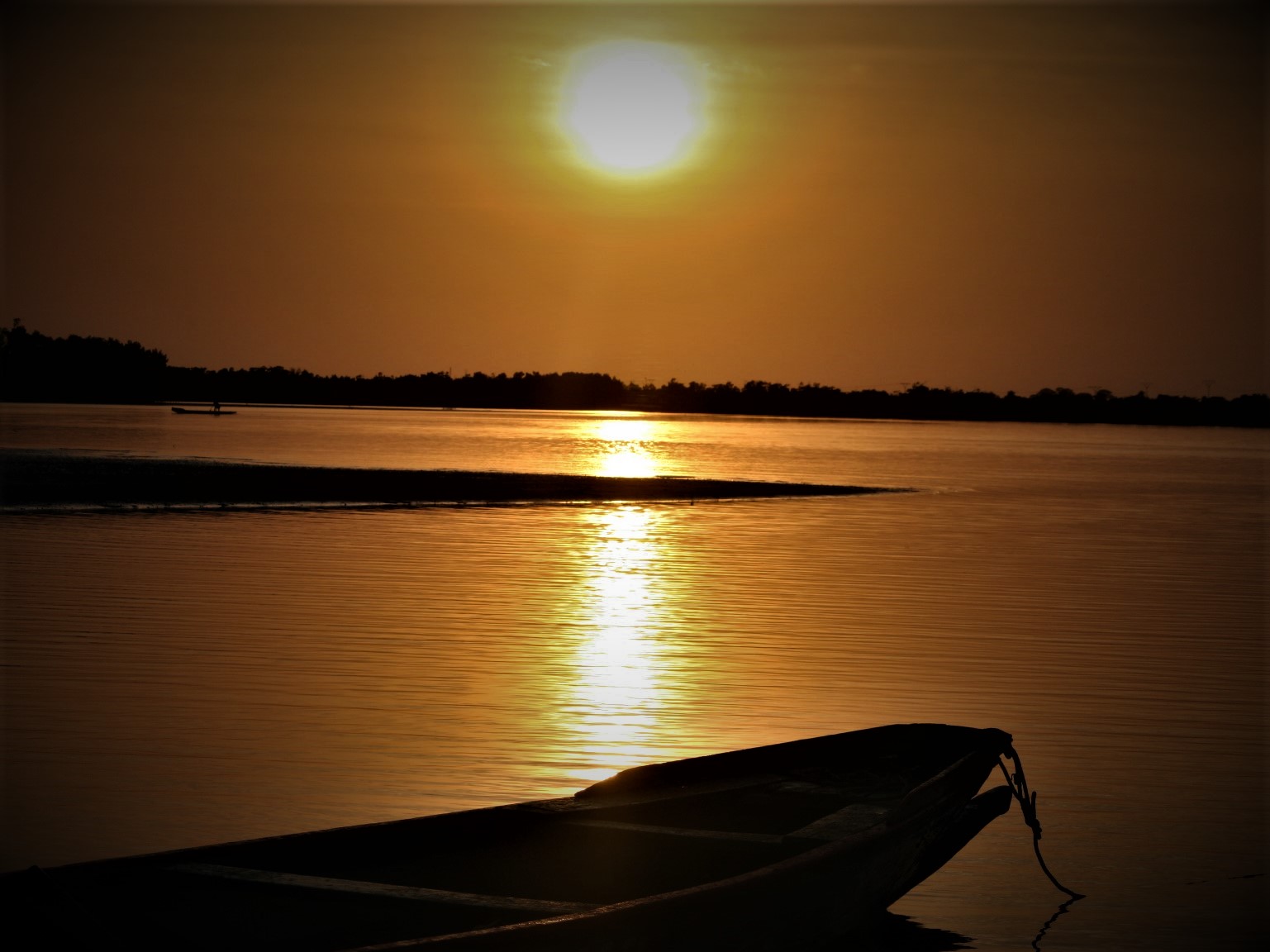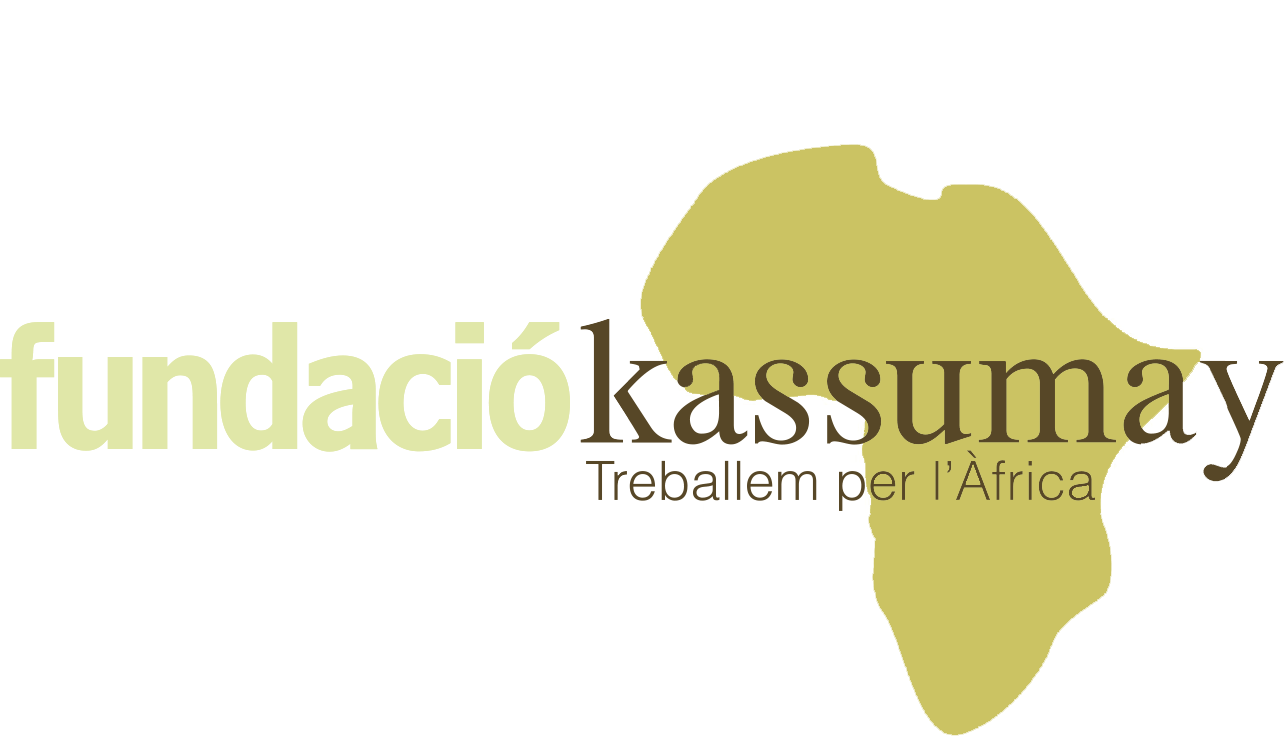WORLD AFRICAN CULTURE DAY AND AFRO-DESCENDANTS
We begin our notes that echo celebrations of days dedicated worldwide to a string of causes, struggles, achievements, realities, rights.....
January 24th is the World Day of African and Afro-Decendent Culture, and with this recognition we can approach a reality that is often very distant and unknown to us. The work of the Kassumay Foundation with the communities of the south, and more specifically of the Casamance, has given us the opportunity to know a little more a part (very local and tiny in front of the immensity of Africa) of this, today , widespread and called African Culture.
 Diembereng, Senegal
Diembereng, Senegal
From our Eurocentrist perspective we tend to reduce and concentrate on a concept what should be a universe of concepts. African Cultures, encapsulated in a continent just 14 km away from the powerful Europe, cannot be reduced to a simplistic denomination and that often gives the recurring stereotypical image, which pleases us in an eternal picture where colors and exoticism is enough for us.
These cultures, however, are trapped in a changing world that travels at a speed that for decades has not coincided with the step that marked the daily life of different African realities. Cultures, therefore, are victims and beneficiaries of the signs of the times; they're alive.
 Casamance River (Senegal)
Casamance River (Senegal)
Afrodescendents, often descendants of ancestors who were removed from their land, make up communities that have maintained traces of their cultures of origin to a greater or lesser extent. We find important Afro-decendent communities in Countries of South America and, better known and visible for being in a world power, we can talk about the Afro-decendents of the United States. The origin of all these communities in America must be placed in the horrific crime of human trafficking, kidnapped and sold as slaves.
 Gorée Island, Senegal
Gorée Island, Senegal
It is necessary, but also to talk about the most current Afrodescendents, the fruits of a global mobility that in some cases allows these changes of life situation, but also as a table of salvation in the face of living conditions that do not guarantee a tomorrow and that lead to terrible trips where death is one of the possible scenarios.
The Afro-descent people who coexist with each other (we understand as descendants of the country of the supposed welcome and that we did not have to leave anywhere to fill the pope) represent a touch of cultural wealth that we cannot ignore. We may not be able to start doing a master's degree on cultures of the world - and perhaps it is not necessary - but we do have the opportunity to know a little more about the other (if we want, of course), and make it closer and make us closer.
 Sunset at Casamance (Senegal)
Sunset at Casamance (Senegal)
From the Kassumay Foundation we invite all of us to let ourselves be soaked in cultures, in this case african cultures, to continue growing in knowledge, respect and appreciation.
January 24th is the World Day of African and Afro-Decendent Culture, and with this recognition we can approach a reality that is often very distant and unknown to us. The work of the Kassumay Foundation with the communities of the south, and more specifically of the Casamance, has given us the opportunity to know a little more a part (very local and tiny in front of the immensity of Africa) of this, today , widespread and called African Culture.
 Diembereng, Senegal
Diembereng, Senegal
From our Eurocentrist perspective we tend to reduce and concentrate on a concept what should be a universe of concepts. African Cultures, encapsulated in a continent just 14 km away from the powerful Europe, cannot be reduced to a simplistic denomination and that often gives the recurring stereotypical image, which pleases us in an eternal picture where colors and exoticism is enough for us.
These cultures, however, are trapped in a changing world that travels at a speed that for decades has not coincided with the step that marked the daily life of different African realities. Cultures, therefore, are victims and beneficiaries of the signs of the times; they're alive.
 Casamance River (Senegal)
Casamance River (Senegal)
Afrodescendents, often descendants of ancestors who were removed from their land, make up communities that have maintained traces of their cultures of origin to a greater or lesser extent. We find important Afro-decendent communities in Countries of South America and, better known and visible for being in a world power, we can talk about the Afro-decendents of the United States. The origin of all these communities in America must be placed in the horrific crime of human trafficking, kidnapped and sold as slaves.
 Gorée Island, Senegal
Gorée Island, Senegal
It is necessary, but also to talk about the most current Afrodescendents, the fruits of a global mobility that in some cases allows these changes of life situation, but also as a table of salvation in the face of living conditions that do not guarantee a tomorrow and that lead to terrible trips where death is one of the possible scenarios.
The Afro-descent people who coexist with each other (we understand as descendants of the country of the supposed welcome and that we did not have to leave anywhere to fill the pope) represent a touch of cultural wealth that we cannot ignore. We may not be able to start doing a master's degree on cultures of the world - and perhaps it is not necessary - but we do have the opportunity to know a little more about the other (if we want, of course), and make it closer and make us closer.
 Sunset at Casamance (Senegal)
Sunset at Casamance (Senegal)
From the Kassumay Foundation we invite all of us to let ourselves be soaked in cultures, in this case african cultures, to continue growing in knowledge, respect and appreciation.


